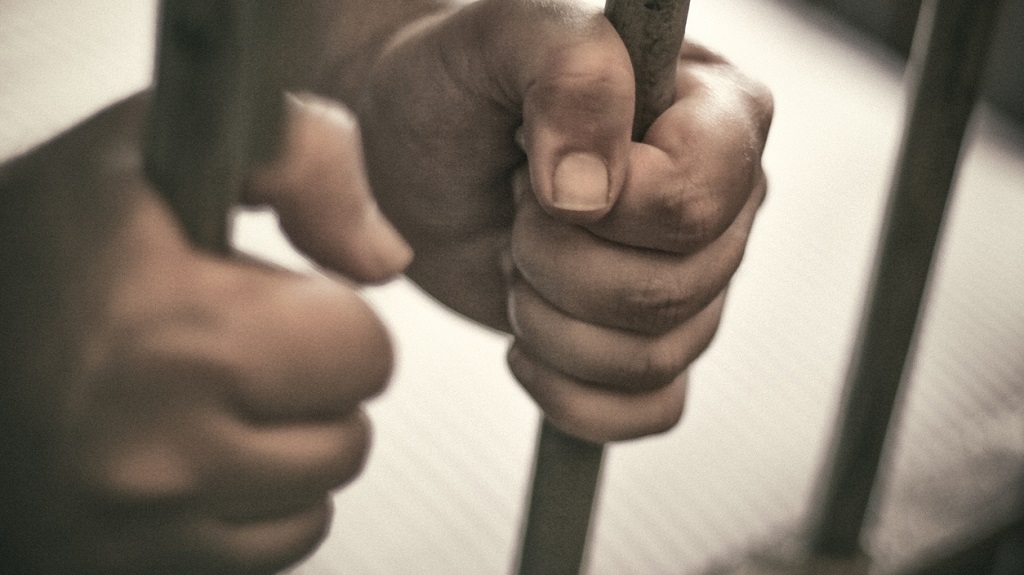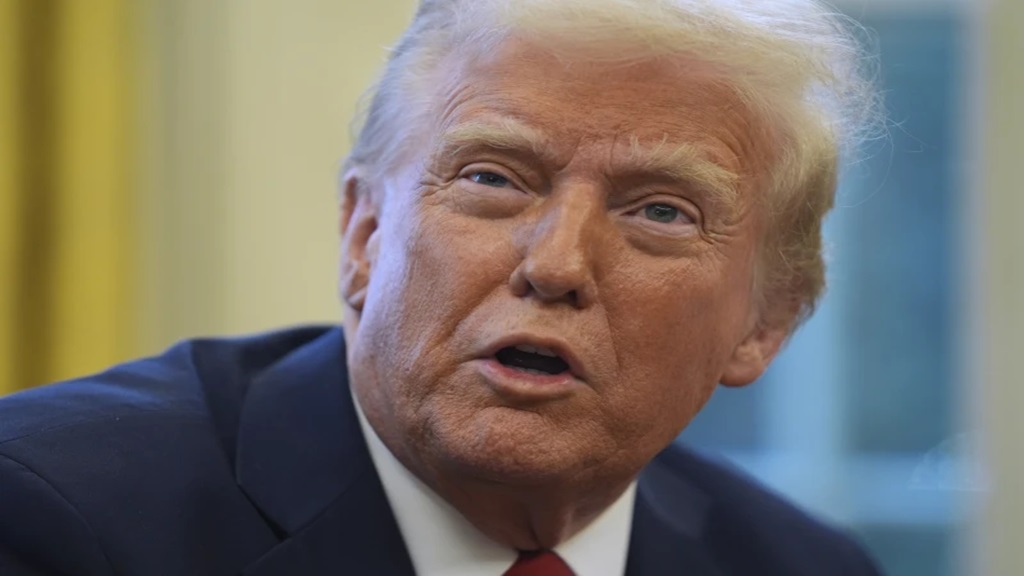Through a new lawsuit, a free speech group and research coalition that studies technology’s effect on society are pushing back against a ban on TikTok affecting government devices in the state of Texas.
In the lawsuitfiled by Columbia University’s Knight First Amendment Institute on behalf of the Coalition for Independent Technology Research, the allied plaintiffs argue that restrictions on TikTok in Texas violate the First Amendment. The lawsuit focuses on how the ban affects faculty members at public universities.
“Banning public university faculty from studying and teaching with TikTok is not a sensible or constitutional response to concerns about data-collection and disinformation,” Executive Director of the Knight First Amendment Institute Jameel Jaffer said. “Texas must pursue its objectives with tools that don’t impose such a heavy burden on First Amendment rights. Privacy legislation would be a good place to start.”
Late last year, Texas Governor Greg Abbott directed Texas agencies to remove the app from government devices, citing security worries over TikTok’s Chinese ownership. Abbott described concerns around TikTok as “growing threats,” issuing a mid-February deadline for government offices to implement the changes. Last month, the governor signed a law to firm up the ban, which initially took the form of an executive order.
That ban also applied to public universities in Texas, which moved to block TikTok from campus Wi-Fi networks and school-owned devices. Texas A&M and the University of Texas were among the colleges that complied with the ban, limiting access to the hit social video app across their campuses.
Public universities in Alabama, Arkansas, Florida, Georgia, Idaho, Iowa, Oklahoma and South Dakota have also taken their own measures to restrict TikTok in light of other executive orders. If successful, the Texas lawsuit could serve as a precedent for how similar bans will hold up in those states.
“Like it or not, TikTok is an immensely popular communications platform, and its policies and practices are influencing culture and politics around the world,” Coalition for Independent Technology Research board member Dave Karpf said.
“It’s important that scholars and researchers be able to study the platform and illuminate the risks associated with it. Ironically, Texas’s misguided ban is impeding our members from studying the very risks that Texas says it wants to address.”
Note: This article have been indexed to our site. We do not claim legitimacy, ownership or copyright of any of the content above. To see the article at original source Click Here












